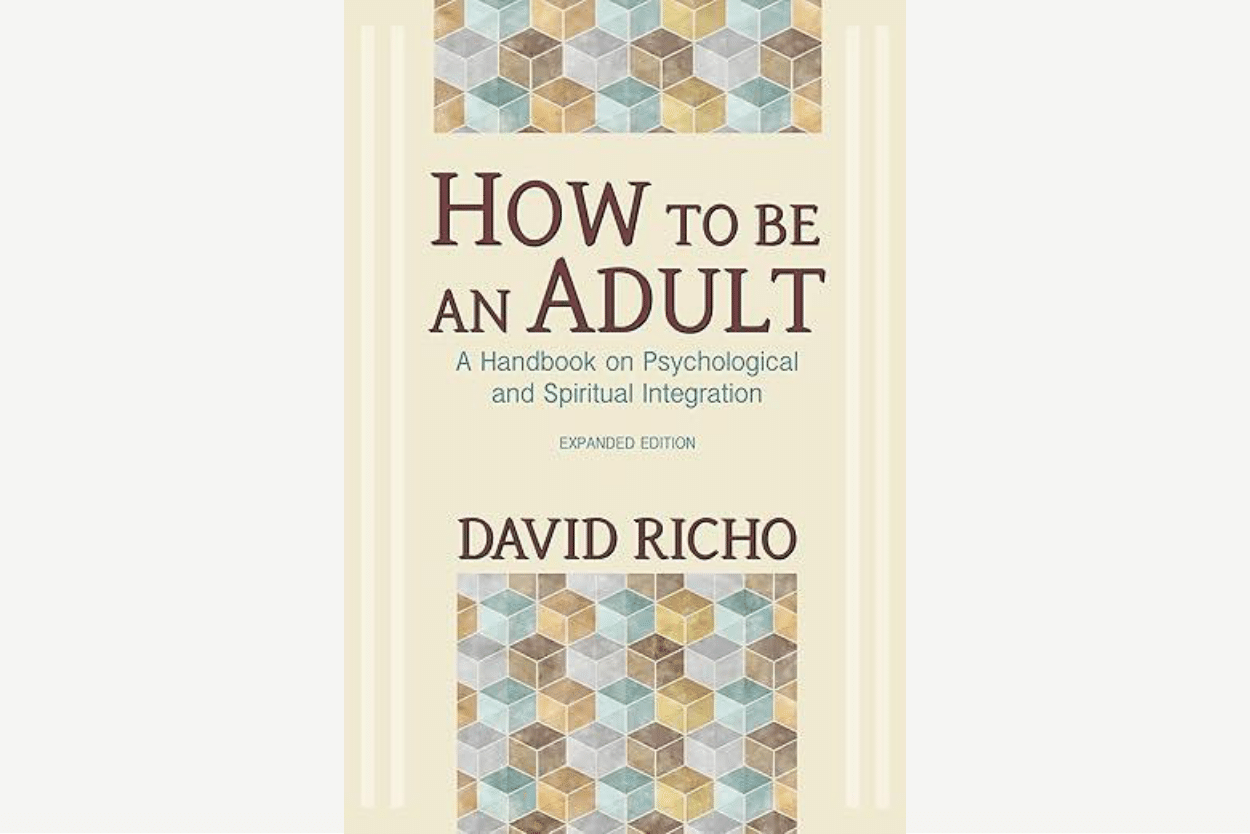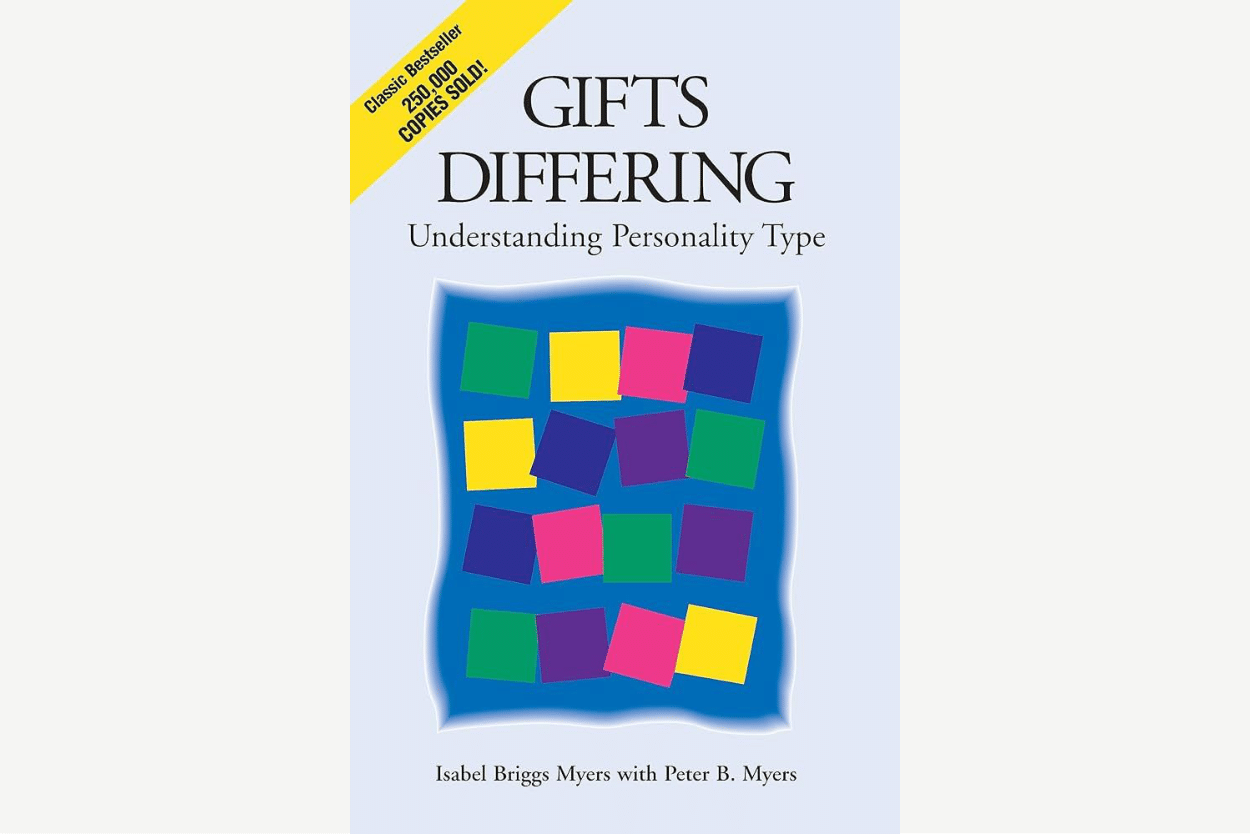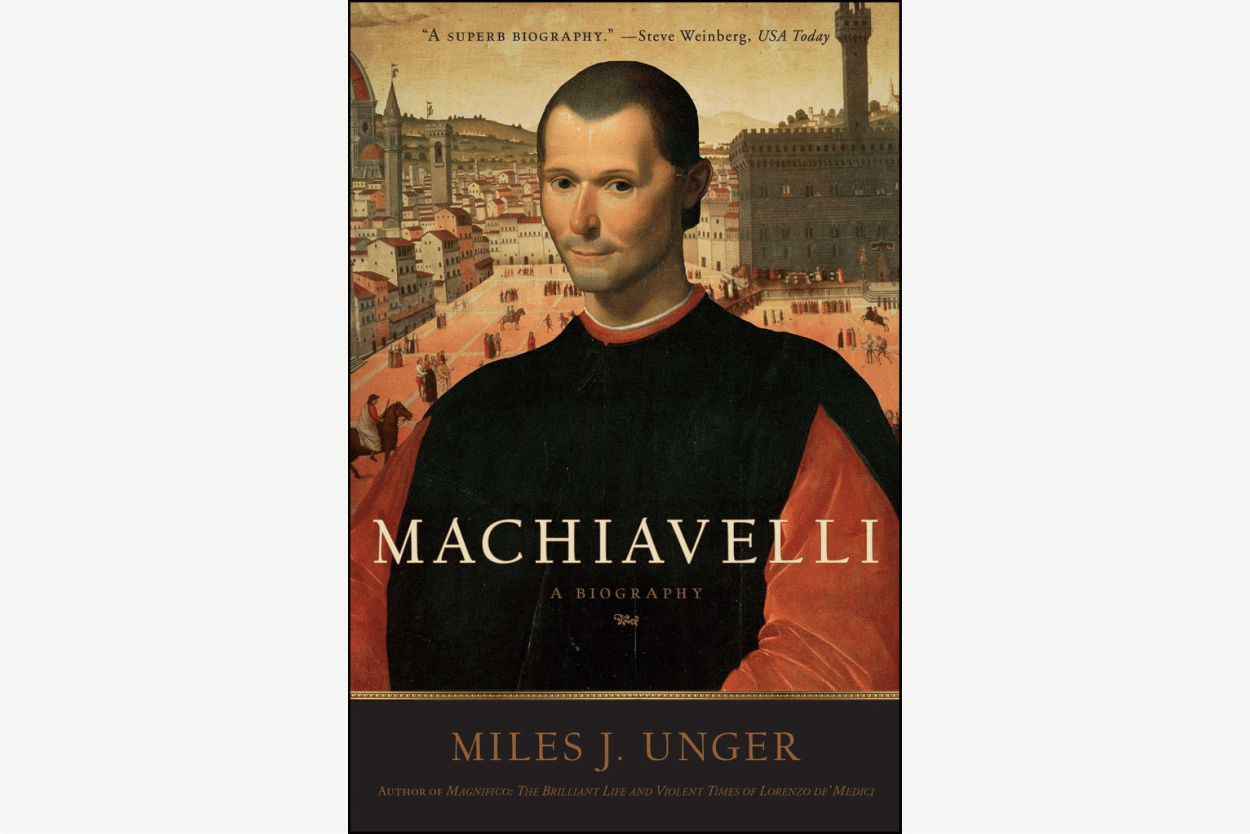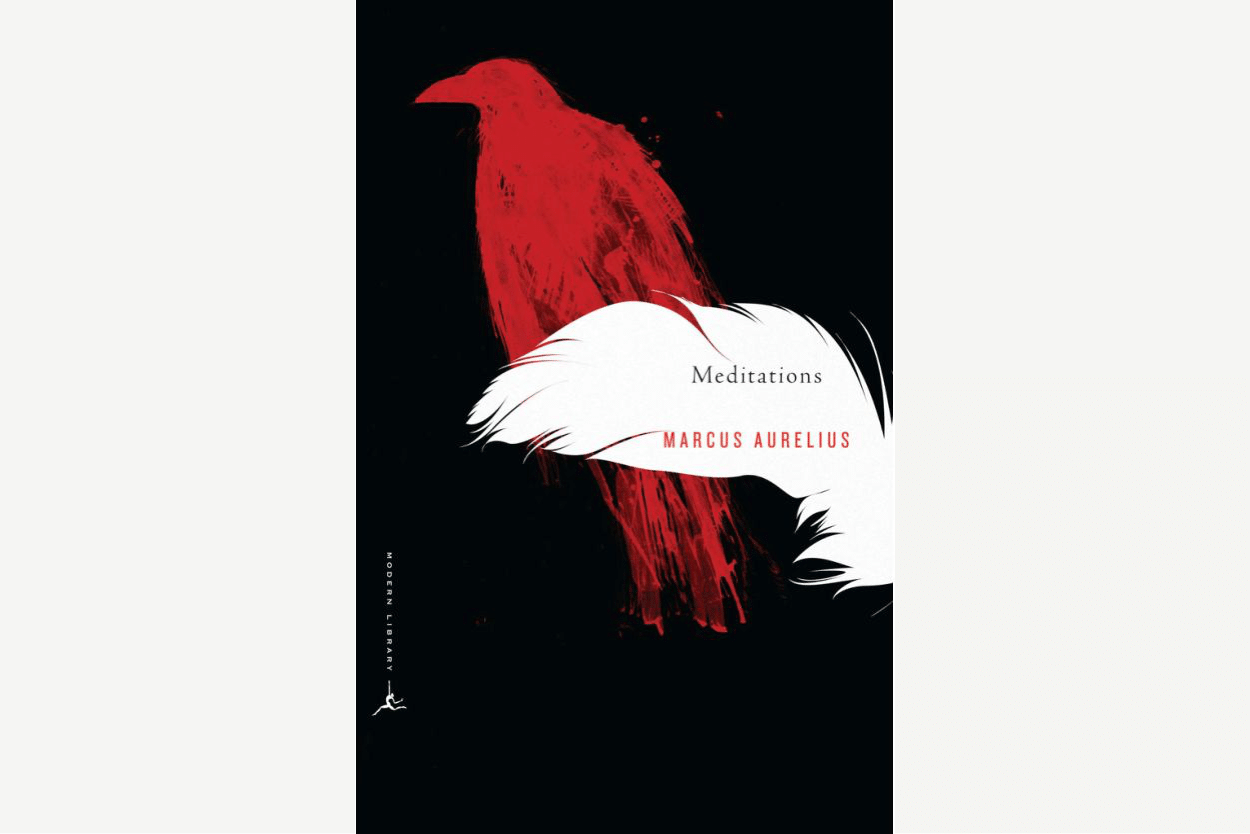Book Review: "The Prince"
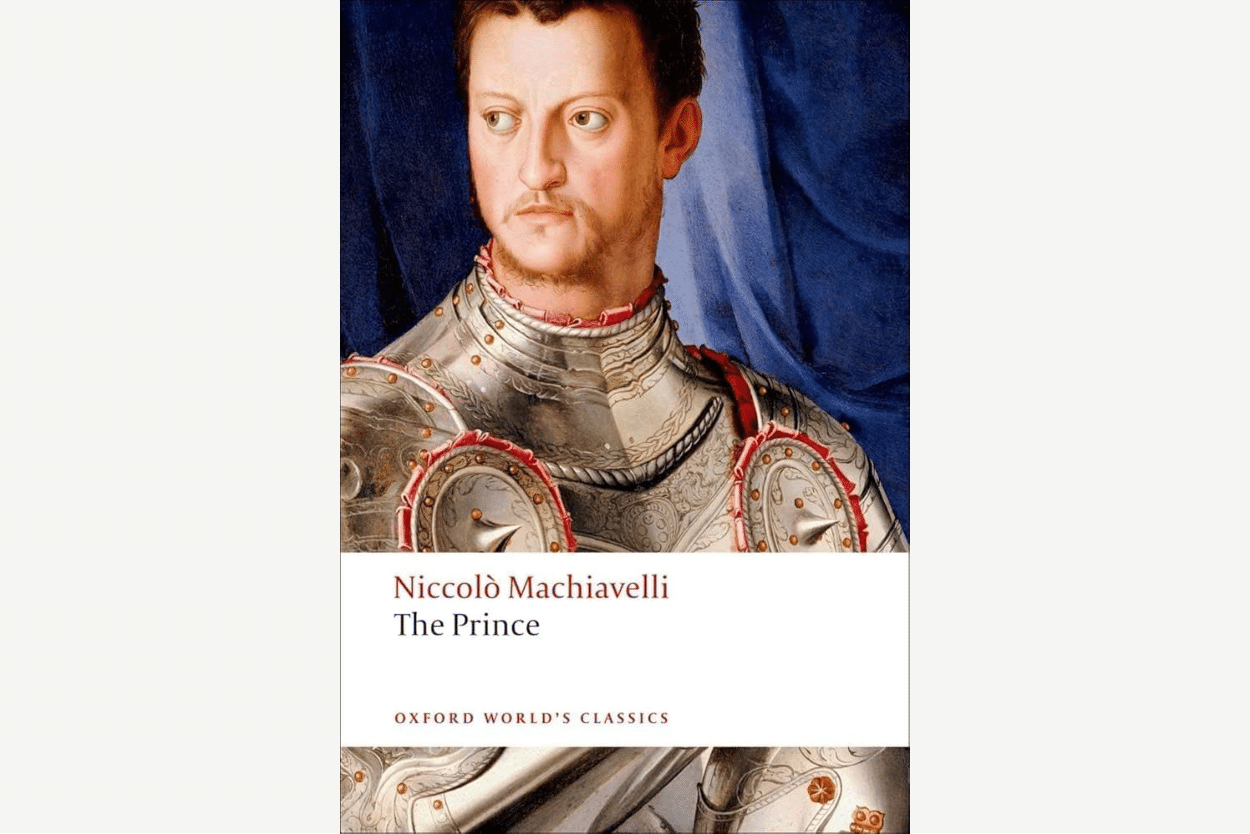
Author: Niccolò Machiavelli (Translated by: Peter Bondanella)
Published: 2008 (Originally 1532)
Genre: Political Science
Page Count: 192
Pesonal Taste: ⭐ 5 / 5
Craft: 📐 10 / 10
Bandwith: 🟡 6 / 10
✅ Recommended to: Leaders, politicians, political scientists, Renaissance buffs.
❌ Skip if: Those without historical context, moral absolutists, those seeking virtue ethics.
The Book
Context. Dedicated to Florence’s new ruler, Lorenzo de’ Medici, The Prince was written in 1513 by former Florentine statesman Niccolò Machiavelli. Hoping to showcase his expertise in statecraft, Machiavelli sought to regain political favor from the very ruler who had tortured and exiled him. His writing is deliberately plainspoken and concise, ensuring his ideas are conveyed with clarity and force. Because of his directness and analytical approach to politics, his discussions of cruelty, manipulation, and necessary violence are often misread as endorsement rather than observation. The book was poorly received by Lorenzo de’ Medici and was published posthumously in 1532, five years after Machiavelli’s death.
Contents. The Prince is a lean yet thorough political analysis that breaks statecraft into four main aspects: types of principalities, types of military forces, qualities of princes, and fortune and strategy. His insights on statecraft are clear and convincing, grounded in his personal experience as a statesman, a keen political intuition, and well-suited historical examples from both antiquity and his own Renaissance Italy.
Multiple Truths: "Should I Read This?"
On one hand,
- Casual readers may struggle with Machiavelli’s abstract language and long, complex sentences.
- A prior understanding of the historical context is crucial to fully grasping Machiavelli's arguments.
- Readers who reject pragmatic politics may find this book unpalatable.
But, on the other hand,
- The language may be dense, Bondanella's translation clarifies Machiavelli's specialized language with unobtrusive footnotes, and the book becomes easier to read as one acclimates to the style.
- Though background helps, Maurizio Viroli contributes an introduction which supports the reader with historical context, and Bondanella's footnotes also provide helpful insights.
- While some readers may find the content distasteful, the book is foundational to realpolitik, which remains relevant today.
- Machiavelli articulates patterns and insights into political power that are often overlooked, yet remain relevant.
- His use of logic and his selection of historical examples are convincing which support his insights immensely.
- The book’s prose is consistently is direct, concise, and distinct.
- The book’s structure is straightforward, logical, systematic, and progressive.
Judgment
While Bondanella's translation doesn’t provide everything needed to fully grasp The Prince, it remains highly accessible with a map, footnotes, a glossary, and Viroli’s thorough introduction. The as a whole is both a masterclass on realpolitik and a work of literary art.
Masterfully crafted.

